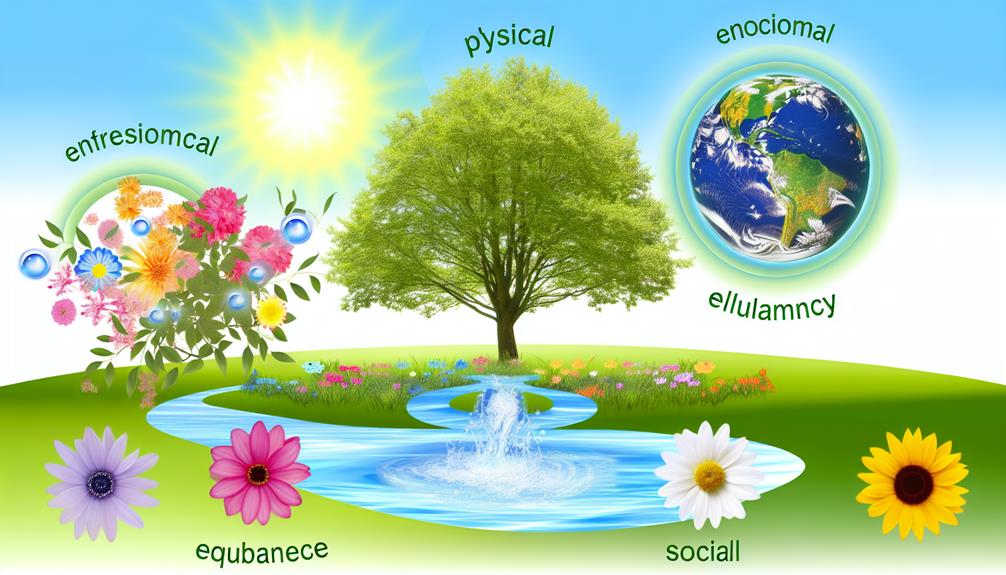Addiction recovery is a personal journey filled with numerous key milestones that symbolize progress, growth, and transformation. These milestones are significant markers of your commitment to sobriety and wellness, offering a sense of accomplishment and motivation to continue forward.
The first milestone in the journey to addiction recovery is acknowledging the problem. This step requires an individual to recognize their unhealthy behaviors or habits related to substance abuse. It’s often accompanied by feelings of discomfort or fear as one confronts the reality of their situation. However, it’s also a moment of empowerment because it signifies taking control over one’s life.
Following acknowledgment is dive deeper into the topic here decision to seek help. This milestone involves reaching out for professional support from therapists, counselors, or rehab centers specialized in addiction treatment. It’s an important step towards breaking free from isolation and self-destruction associated with addiction.
Detoxification comes next as another critical milestone in this journey. During detoxification, harmful substances are eliminated from your body under medical supervision. This phase can be challenging due to withdrawal symptoms but overcoming these challenges signify physical cleansing which sets the foundation for emotional healing.
After detoxification comes therapy sessions where individuals learn coping mechanisms and strategies for dealing with triggers that could lead them back into substance use. Through these sessions, they gain insights about underlying issues contributing to their addiction such as trauma or mental health disorders.
Next on this path is achieving short-term sobriety goals like staying sober for 30 days straight or six months without relapse; each day clean being its own victory in this battle against addiction.
Long-term sobriety marks another crucial milestone where an individual has maintained abstinence over years showing resilience against relapse while continuously working on personal development through therapy sessions and support group meetings.
Another significant landmark in this journey includes making amends which involves seeking forgiveness from people hurt during active addiction days while also forgiving oneself for past mistakes.
Lastly, maintaining a balanced lifestyle represents ongoing recovery where individuals strive for physical, mental and emotional wellness. This might involve regular exercise, healthy eating habits, stress management techniques or pursuing hobbies.
While these milestones are a general guide to the recovery journey, it’s important to remember each person’s path is unique according to their personal circumstances and needs. The road to recovery isn’t linear; there may be setbacks along the way but every setback can also be viewed as an opportunity for growth and learning.
In conclusion, addiction recovery is a lifelong commitment that requires patience, perseverance and courage. Each milestone achieved on this journey signifies a step towards regaining control over one’s life while fostering growth towards becoming healthier versions of oneself. It’s about celebrating victories big or small because each step forward counts in this transformative journey towards wellness.




